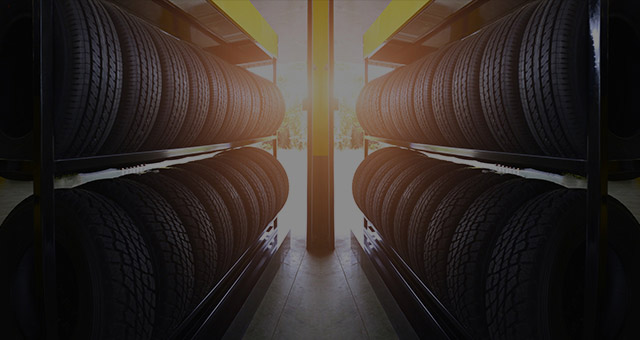Tire Solution: Recognizing Tire Stress Tracking Equipments
Understanding Tire Stress Tracking Solutions (TPMS) is an essential aspect of preserving ideal automobile performance and safety on the roadway. With developments in vehicle technology, TPMS has actually ended up being a conventional function in contemporary vehicles, giving real-time information on tire stress levels.

Relevance of TPMS
The significance of Tire Pressure Surveillance Systems (TPMS) hinges on their capacity to enhance automobile security and efficiency with real-time surveillance of tire pressure degrees. Maintaining the appropriate tire stress is important for making sure optimal handling, stopping, and total safety of a car. TPMS offers chauffeurs with immediate comments on any type of underinflated or overinflated tires, permitting timely modifications to be made.
Components of TPMS
Sensors are usually situated in the tire valve stem or attached to the wheel setting up, where they determine tire pressure and transmit information to the control component. Some advanced TPMS designs additionally present the real tire pressure readings for each tire, giving vehicle drivers with real-time information to guarantee optimum tire performance and safety and security. By keeping an eye on tire pressure constantly, TPMS assists prevent crashes, lowers tire wear, and improves fuel effectiveness, making it an essential component for automobile safety and performance. discount tires morris il.
Kinds of TPMS

On the other hand, indirect TPMS counts on the lorry's wheel speed sensors to check tire stress. This system discovers underinflation by contrasting the rotational rates of the wheels. Indirect TPMS is less pricey than direct TPMS, as it makes use of existing sensing units within the vehicle.
While direct TPMS provides a lot more precise readings, indirect TPMS is simpler in design and usually needs less maintenance. Both systems have their advantages and restrictions, and the option in between them commonly depends upon elements such as price, lorry make, and individual preference. Understanding the distinctions in between these 2 kinds of TPMS can aid automobile owners make educated decisions pertaining to tire upkeep and safety.
TPMS Maintenance Tips
Reliable maintenance of TPMS is crucial for ensuring optimum efficiency and safety of your automobile. Consistently inspecting the TPMS sensors for any kind of damages or rust is crucial. Ensure that the sensing units are clean and cost-free from particles that might conflict with their Discover More performance. Furthermore, it is a good idea to examine the sensor batteries occasionally and change them as required to ensure exact analyses. Conduct routine checks on the tire pressure degrees and compare them with the this link TPMS readings to guarantee they correspond. If there are any type of discrepancies, rectify the system following the manufacturer's guidelines. Additionally, during tire rotation or replacement, make certain that the TPMS components are managed carefully to protect against any kind of prospective damages. Last but not least, if the TPMS warning light illuminates on the control panel, resolve the problem quickly by inspecting the tire stress and the total system for any kind of mistakes. By sticking to these upkeep suggestions, you can lengthen the life expectancy of your TPMS and enhance the security of your driving experience.
Advantages of Appropriate Tire Stress
Preserving appropriate tire stress, as emphasized in TPMS Maintenance Tips, is important for gaining the numerous benefits associated with optimal tire pressure levels. Furthermore, correct tire stress ensures even tire wear, extending the lifespan of the tires and promoting much safer driving conditions. In final thought, the advantages of appropriate tire stress go past just tire long life; they encompass improved gas efficiency, enhanced safety, much better lorry efficiency, and total driving comfort.
Conclusion
Finally, comprehending tire pressure tracking systems (TPMS) is important for maintaining ideal tire stress and ensuring vehicle security. By recognizing the importance of TPMS, being acquainted with its elements, knowing the different kinds offered, adhering to appropriate upkeep pointers, and realizing the benefits of preserving correct tire pressure, chauffeurs can enhance their driving experience and lengthen the life-span of their tires. Proper tire stress is essential to safe and efficient automobile operation.
